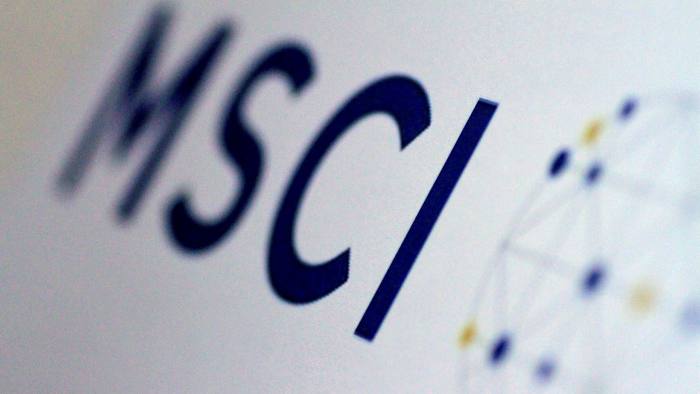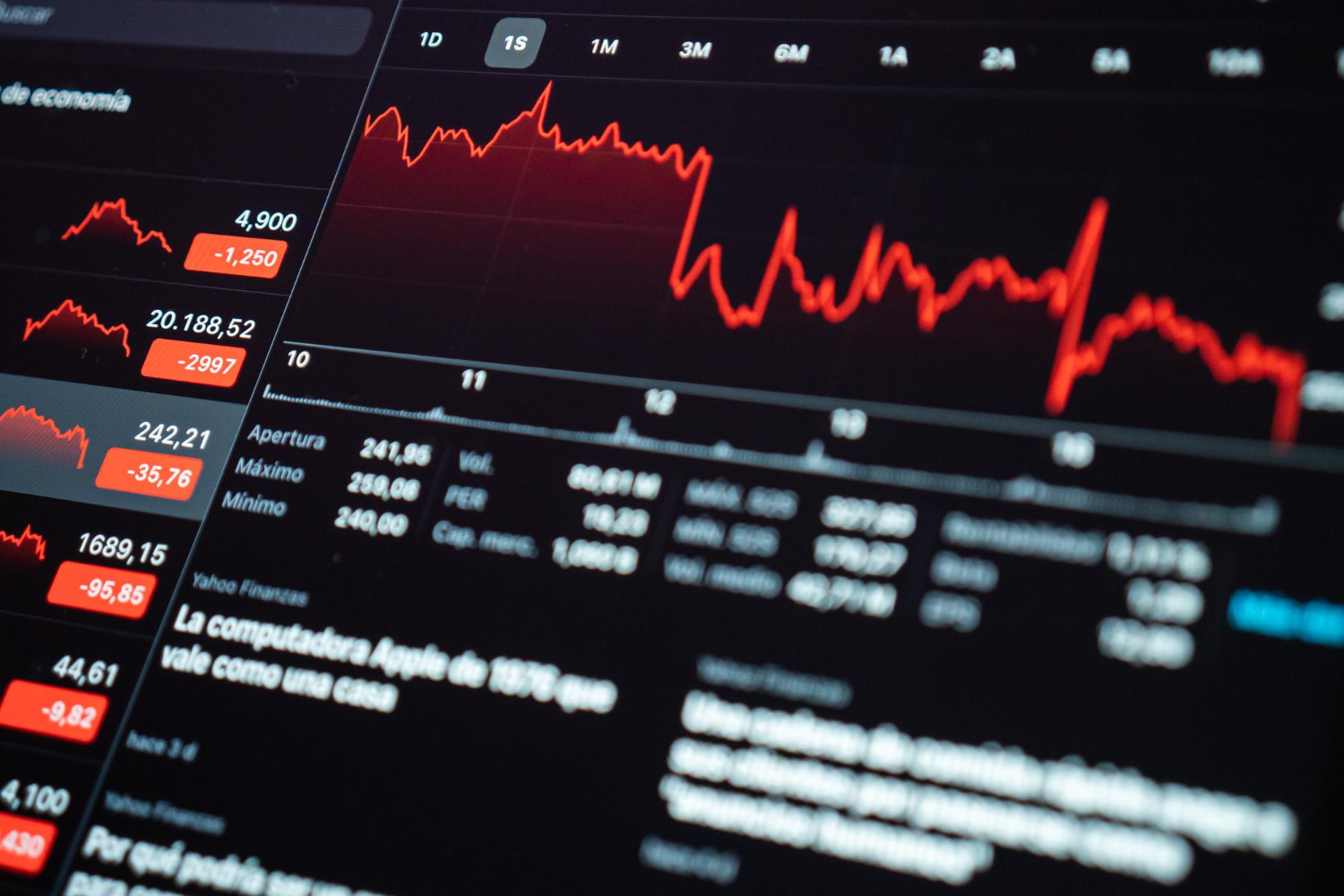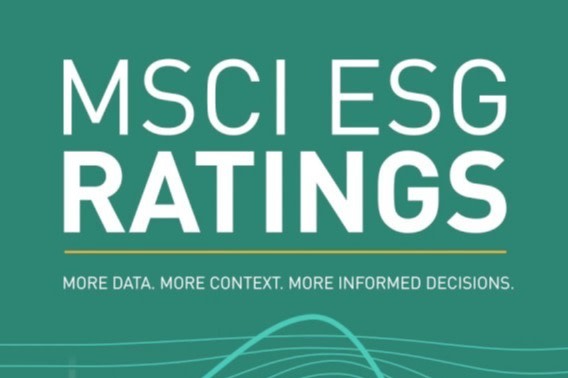Understanding the MSCI ESG Rating Methodology: A Comprehensive Guide
MSCI Inc.
As responsible investing gains momentum, understanding the MSCI ESG Rating methodology becomes essential for investors. This guide sheds light on the assessment process and its significance in making informed investment decisions.
What are MSCI ESG Ratings?
MSCI (Morgan Stanley Capital International) ESG Ratings provide investors with a comprehensive evaluation of a company's performance concerning environmental, social, and governance (ESG) factors. These ratings help investors identify potential risks and opportunities in their portfolios, enabling them to make more informed and responsible investment decisions.
Key Components of the MSCI ESG Rating Methodology
The MSCI ESG Rating methodology comprises three primary components:
Industry-Specific Key Issues: The rating process begins by identifying industry-specific key ESG issues. These issues are weighted based on their potential impact on a company's long-term value. Perform a specific search via the Materiality Map.
Company Exposure: MSCI assesses a company's exposure to each key issue, considering both its operations and supply chain. The assessment, the Thematic Exposure Standard, considers factors such as company size, location, and business activities.
Company Management: The final component evaluates a company's ability to manage its exposure to ESG risks and opportunities. MSCI analyses policies, practices, and performance metrics to determine a company's management score.
Featured Article: Top 9 ESG Courses And Certifications For Professionals
MSCI ESG Rating Scale
MSCI assigns ESG Ratings on a scale from AAA (best) to CCC (worst). Companies with higher ratings demonstrate strong ESG management practices and lower exposure to ESG risks.
AAA and AA: Leaders
A and BBB: Average performers
BB and B: Laggards
CCC: Lowest performers
Featured: How To Calculate Your Individual ESG Score
The Importance of MSCI ESG Ratings for Investors
MSCI ESG Ratings play a crucial role in responsible investing by helping investors:
Identify ESG Risks: By understanding a company's ESG rating, investors can gauge potential risks that may impact the financial performance and long-term value of their investments.
Make Informed Decisions: MSCI ESG Ratings enable investors to compare companies within the same industry, facilitating better decision-making when allocating capital to responsible investments.
Monitor Portfolio Performance: Regularly reviewing a portfolio's ESG ratings can help investors identify areas for improvement and ensure alignment with their responsible investment objectives.
Takeaway
The MSCI ESG Rating methodology serves as a valuable tool for investors looking to incorporate ESG factors into their investment strategy. By understanding the methodology and its implications, investors can make more informed decisions and contribute to a sustainable future.
Compare ESG performance with KnowESG's Company ESG Profiles.
Data Provider News: Top ESG Ratings - Are We Comparing Apples and Oranges?






